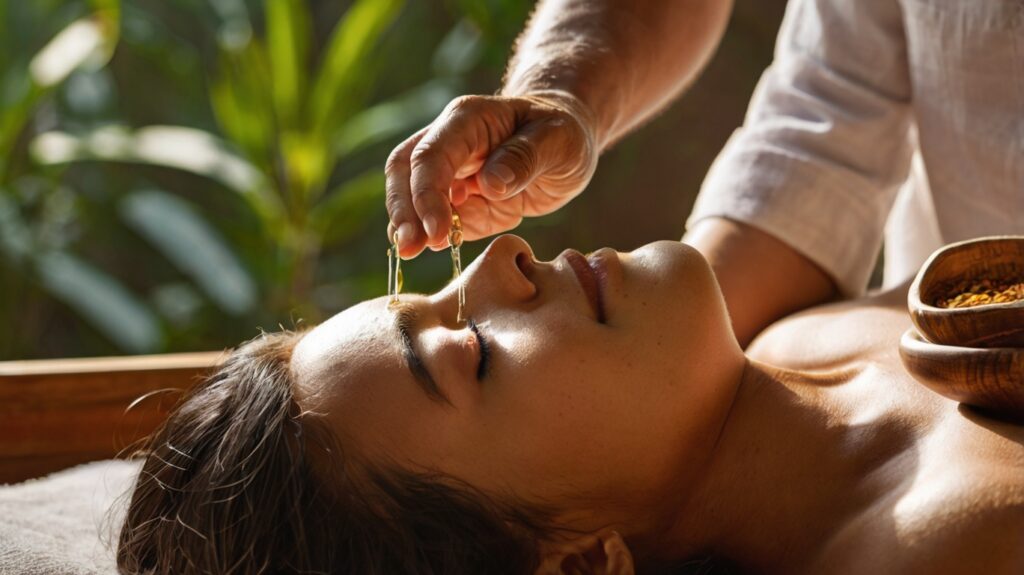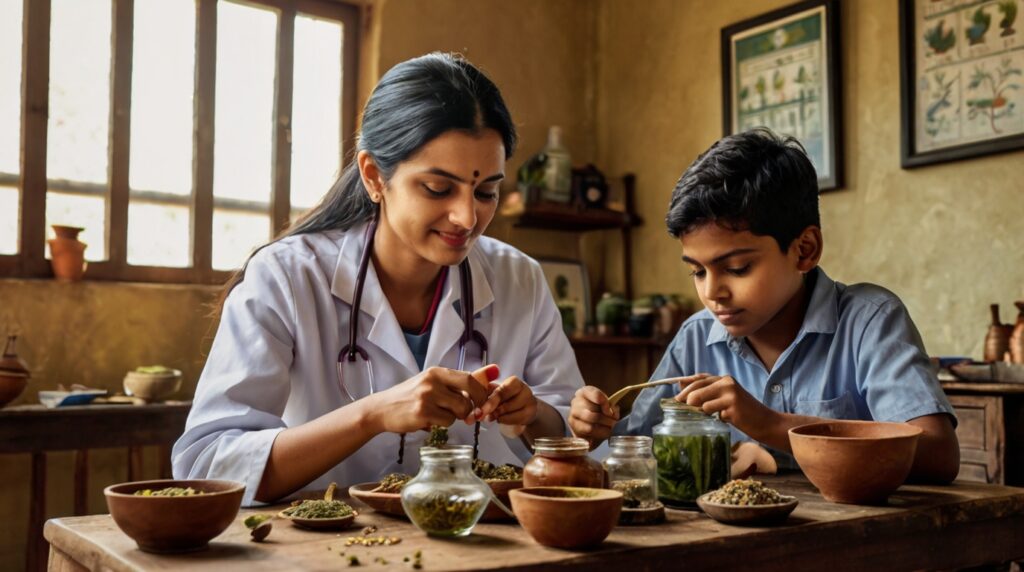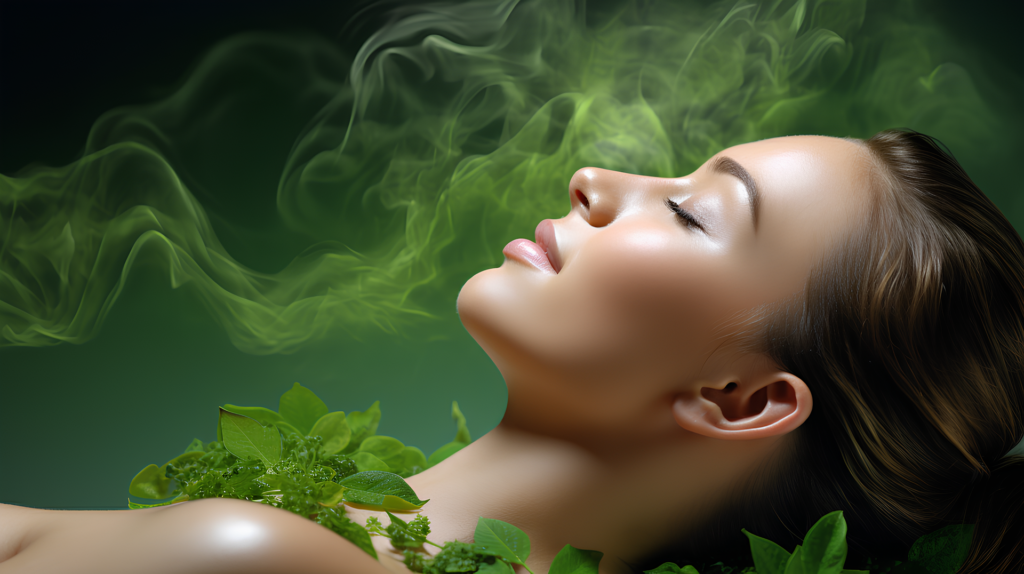What is Heat Stroke and How We Can Prevent and Cure It Using Ayurveda?
Heat stroke is a severe form of heat-related illness that occurs when the body overheats due to prolonged exposure to high temperatures or physical exertion in hot weather. It is a medical emergency that requires immediate attention as it can lead to serious complications or even death. In Ayurveda, heat stroke is known as ” Ushna Vata Dosha” and can be effectively managed and prevented with traditional Ayurvedic treatments.
What is Heat Stroke?
Heat stroke, also known as sunstroke, occurs when the body’s temperature regulation system fails, causing the body temperature to rise to dangerous levels. The symptoms of heat stroke include:
- High body temperature (above 104°F or 40°C)
- Hot, dry skin or profuse sweating
- Rapid pulse
- Throbbing headache
- Dizziness and light-headedness
- Nausea and vomiting
- Confusion or disorientation
- Loss of consciousness
If left untreated, heat stroke can cause damage to the brain, heart, kidneys, and muscles, leading to serious complications.
How to Avoid Heat Stroke
Preventing heat stroke is crucial, especially during the hot summer months. Here are some Ayurvedic tips to avoid heat stroke:
- Stay Hydrated: Drink plenty of water throughout the day to keep your body hydrated. Ayurveda recommends consuming cooling drinks like coconut water, buttermilk, and fresh fruit juices.
- Wear Light Clothing: Opt for loose, light-colored, and breathable clothing made of natural fibers like cotton and linen. This helps to keep the body cool and allows sweat to evaporate.
- Avoid Peak Sun Hours: Limit your exposure to the sun, especially during peak hours (10 am to 4 pm). If you need to be outside, seek shade and wear a wide-brimmed hat and sunglasses.
- Use Cooling Herbs: Incorporate cooling herbs and spices into your diet, such as mint, fennel, coriander, and sandalwood. These help to reduce body heat and maintain a balanced body temperature.
- Apply Cooling Oils: Massaging the body with cooling oils like coconut oil or sandalwood oil can help to dissipate heat and keep the body cool.
What to Do in Case of Heat Stroke
If you suspect someone is experiencing heat stroke, it is important to act quickly:
- Move to a Cooler Place: Immediately move the person to a cooler, shaded area or an air-conditioned environment.
- Hydrate: Offer cool water or oral rehydration solutions to the person. Avoid giving them caffeinated or alcoholic beverages.
- Cool the Body: Apply cool, wet cloths or ice packs to the person’s neck, armpits, and groin. You can also spray them with cool water and fan them to lower their body temperature.
- Seek Medical Attention: Heat stroke is a medical emergency, so it is crucial to seek professional medical help as soon as possible.
Ayurvedic Treatments for Heat Stroke
Ayurveda offers several treatments to prevent and manage heat stroke effectively. Some of the recommended Ayurvedic therapies include:
- Takradhara: This treatment involves the continuous pouring of medicated buttermilk on the forehead. Takradhara helps to cool the body, calm the mind, and balance the Pitta dosha, which is aggravated during heat stroke.
- Chandanadi Abhyang: A full-body massage with cooling herbal oils such as sandalwood oil (Chandanadi Taila) helps to reduce body heat, relax the muscles, and prevent heat stroke. This therapy is especially beneficial during the hot summer months to keep the body cool and refreshed.
- Herbal Remedies: Ayurvedic herbs like Amla (Indian gooseberry), Guduchi (Tinospora cordifolia), and Shatavari (Asparagus racemosus) are known for their cooling properties and can help in preventing and managing heat stroke.
- Dietary Adjustments: Following a Pitta-pacifying diet that includes cooling foods such as cucumbers, melons, and leafy greens can help to regulate body temperature and prevent heat stroke.
By incorporating these Ayurvedic practices into your daily routine, you can effectively prevent and manage heat stroke, ensuring a healthy and comfortable summer season. At Ayuryog, our experienced Ayurvedic doctors in Delhi are here to provide personalized treatments and guidance to help you maintain your health and well-being. For a consultation with an Ayurvedic doctor near you, visit our clinic or contact us today at 8368841257.




